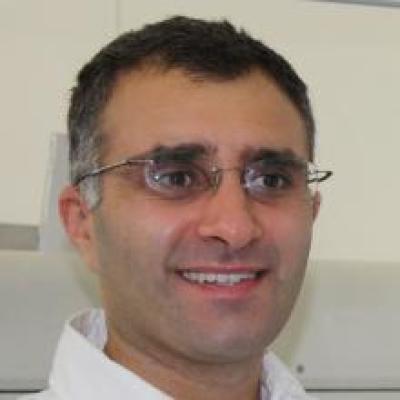Meet the Organizers
About the Co-Organizers

Jennifer Lansford, Ph.D. | SRCD President
Sanford School of Public Policy, Duke University
Jennifer Lansford is the director of the Center for Child and Family Policy and S. Malcolm Gillis Distinguished Research Professor of Public Policy in the Sanford School of Public Policy.
Dr. Lansford's research focuses on the development of aggression and other behavior problems in youth, with an emphasis on how family and peer contexts contribute to or protect against these outcomes. She examines how experiences with parents (e.g., physical abuse, discipline, divorce) and peers (e.g., rejection, friendships) affect the development of children's behavior problems, how influence operates in adolescent peer groups, and how cultural contexts moderate links between parenting and children's adjustment.

Linda C. Halgunseth, Ph.D. | Program Co-Chair
Michigan State University (Associate Professor)
Linda C. Halgunseth is an associate professor in the Department of Human Development and Family Studies at Michigan State University. Her research focuses on parenting and children’s health and well-being in African, European, and Latin American families. Dr. Halgunseth is Past Chair of the Latinx Caucus of the Society for Research in Child Development (SRCD). She received the Early Career Award in Teaching Excellence from AAUP and the Early Career Award in Research from the SRCD Latinx Caucus. She earned a BA in psychology and Spanish at the University of Texas at Austin, and a MS and PhD in human development and family studies from the University of Missouri.

Gianluca Esposito, Ph.D. | Program Co-Chair
University of Trento, Italy (Professor)
Gianluca Esposito is a Professor at the Department of Psychology and Cognitive Science and Chair of the Ph.D. Program in Cognitive Science at the University of Trento (Italy). He is a Developmental Clinical Psychologist qualified to advance the ongoing investigations on child socio-cognitive development contributing strengths in human electrophysiology and neuroimaging, complex data modeling, and comparative physiological assessment with the aim of studying Social Interaction.
